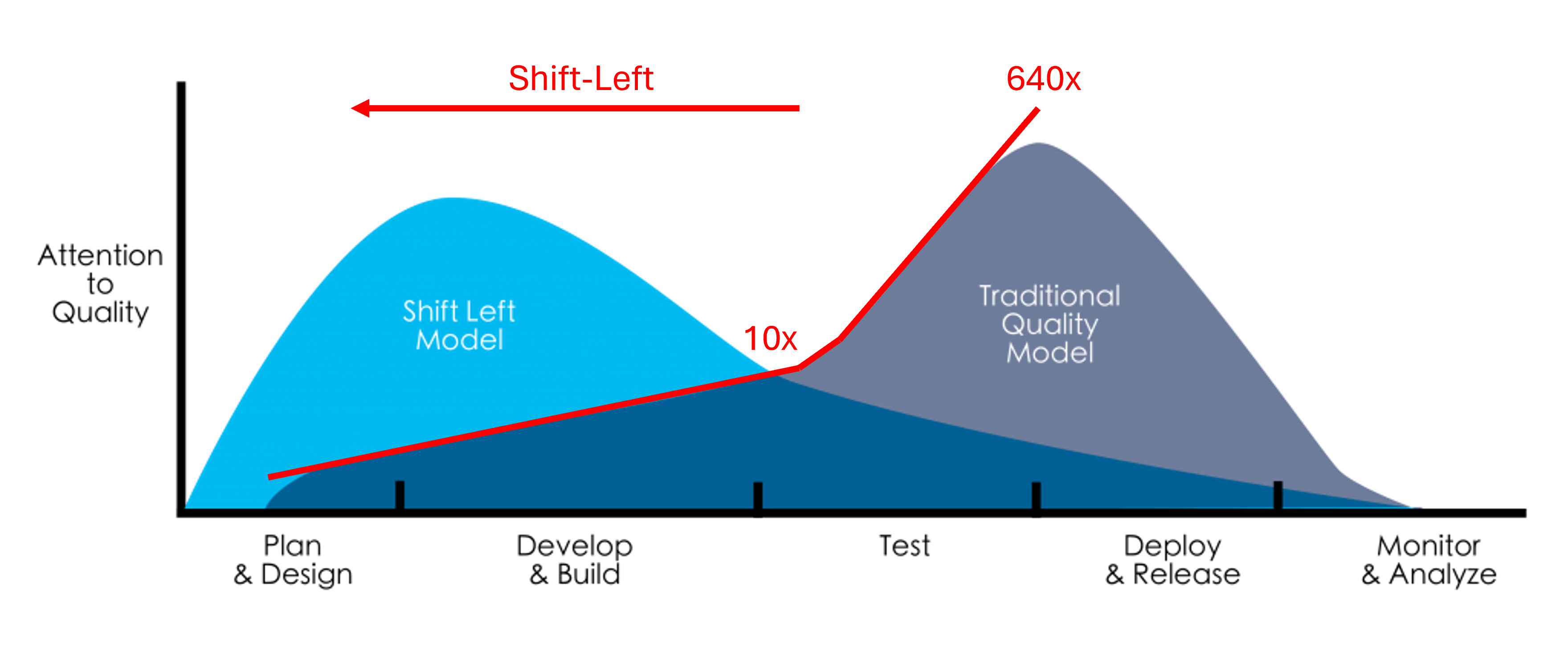About Us
Hackolade is the pioneer for data modeling of SQL and NoSQL databases, plus the design of REST and GraphQL APIs. Our Hackolade Studio application is the only schema design tool for all the leading technologies of data-at-rest and data-in-motion. Hackolade Studio also applies its easy and visual design to Avro, JSON Schema, Parquet, Protobuf, Swagger and OpenAPI, and is rapidly adding support for new targets.
Leading global brands recognize Hackolade as the thought leader in Polyglot Data Modeling, Metadata-as-Code, Domain-Driven Data Modeling, and Model-Driven API Generation to help leverage Big Data for Artificial Intelligence, Machine Learning, Natural Language Processing, Blockchain, ...
The software is user-friendly and simple-to-use, yet provides powerful visuals and graphic schema design to smooth the onboarding of NoSQL technology in enterprise IT landscapes. Its features help functional analysts, designers, architects, and DBAs achieve greater transparency and governance, resulting in reduced development time, increased application quality, and lower execution risks across the enterprise.
We enthusiastically adhere to the principles of several modern trends:
- Lean Startup: beyond our original problem-solution fit and product-market fit demonstrations, we believe in the virtuous loop "build-measure-learn": turn ideas into features, quickly deliver added value, collect customer feedback, continuously improve our product.
- Agile Manifesto: we closely follow the original intentions of the authors, i.e. restoring a balance. There is no ceremony described n the Manifesto, no words such as sprint, scrum, story points, estimate, backlog, or retrospective. Also, Agile principles are not an excuse for chaos or poor practices. We focus on delivering excellent software frequently, responding rapidly to changes, and delivering value to customers. But we also value simplicity, continuous attention to technical excellence, good designs, good architecture. And we of course value data modeling during the entire lifecycle of applications, performed in an agile manner, with an agile software tool.
- Domain-Driven Design: we adhere to the ideas that it is easier to solve a complex problem by breaking it down into smaller pieces; that you should focus on the core domain, that subject matter experts know the business needs better than anyone; that applications and their developers should use the language of the business users; that you should handle together things that belong together (leveraging aggregates); that data models help create a shared understanding between business and tech stakeholders; that it is better to realize from the start that software evolves over time and is best executed with an iterative approach. It has lead to the Domain-Driven Data Modeling methodology we promote.
- Product-Led-Growth: we believe in creating value first for our customers, before collecting on it. Plus we design for the end-user. While we follow an ambitious roadmap, our user-focused product is the primary driver for our growth. It helps end-users in the trenches solve their day-to-day challenges and succeed. Our users are our best advocates, both inside and outside their organization. Don't take our word for it. Try the product and see for yourself! And don't forget to give us your feedback. We quickly include features suggestions into the product, so everyone else can also benefit from good ideas.
- Meritocracy: at Hackolade, we prioritize merit, excellence, and intelligence in our hiring process, choosing only the best candidates based on talent, skills, and work ethic. We treat everyone as individuals and reject stereotypes and tokenism. Meritocracy and diversity are not in conflict; hiring based on merit naturally brings diverse backgrounds and perspectives. We select the best candidates without bias, ensuring fairness and legality. This approach builds the strongest team and guarantees that everyone at Hackolade is chosen for their exceptional abilities.
We don't believe in keeping inventory on the shelves! If it was not shipped, it does not count! The code our engineers have carefully designed, developed, and tested is only happy when deployed in production to bring a solution to end-user challenges. Last year, the Hackolade team released 50+ times... Meaning that your product subscription keeps on getting better after your original order.
Meet our team

Pascal Desmarets
Pascal is the Founder and CEO of Hackolade. He leads the company and all efforts involving business strategy, product innovation, and customer relations, as it focuses on producing user-friendly, powerful visual tools to smooth the onboarding of NoSQL technology in enterprise IT landscapes.

Valerie Van der Borght
Valerie takes care of all matters of Finance, Accounting, and Administration for Hackolade.

Product Management
Sylvie P.

Sr. Software Architects
Thomas, Ugo, Massi, Lucas

Dev Team
Taras, Vitalii B., Vitalii Y., Serhii, Oleg, Yevhenii, Alik, Kyrylo, Vladyslav, Ivan, Ivanna
Newsroom
In Las Vegas on Oct 16, 2025, Hackolade received the Oracle Global Leaders Champion award for the Hackolade Model Hub, our model-driven metadata collaboration platform.
See more info on LinkedIn post.
By Matthew O'Keefe, Principal Architect at Confluent.
Here in Part II, we dive into the details of how a modern data modeling tool can empower a Shift Left strategy. The goal is to help data engineers, application developers, and data producers and consumers build resilient, flexible, and reusable shifted-left data pipelines.
By Matthew O'Keefe, Principal Architect at Confluent.
This post discusses how collaborative, multi-data-source data modeling tools can empower data engineers and developers to move the transformations and analytics in their data pipelines upstream towards the data sources. This best practice is known as Shift Left.
In Part I, we focus on the history of data modeling in the context of current data engineering best practices. We cover high level issues and general strategy for data modeling in Shift Left. Part II of this blog post will dive into the details of how a modern data modeling tool can empower a Shift Left strategy.


